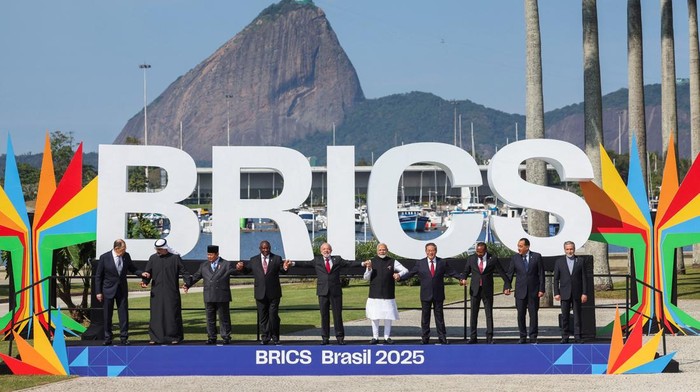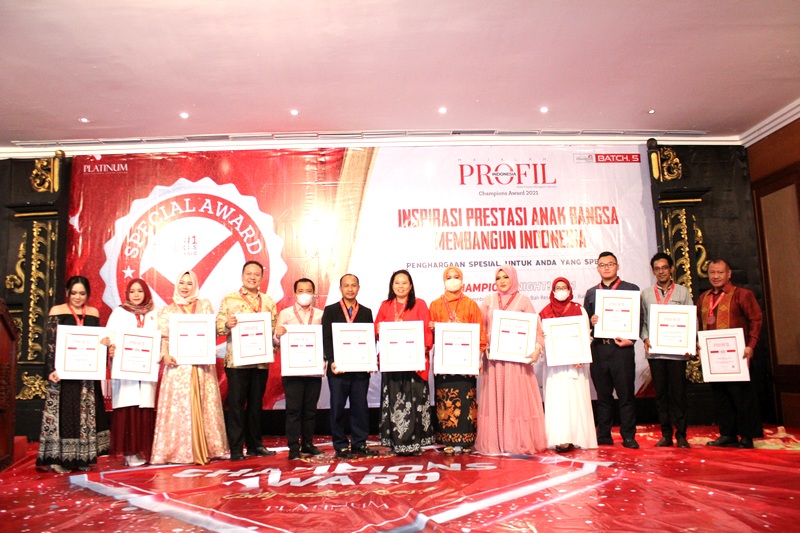Brasilia – In a bold geopolitical move, the BRICS alliance — comprising Brazil, Russia, India, China, and South Africa — is strengthening its financial infrastructure with the New Development Bank (NDB), designed to serve as a direct alternative to long-dominant institutions like the IMF and World Bank.
Launched in 2014 but gaining new momentum in 2025, the NDB is being positioned as a more equitable and development-focused financing mechanism for emerging economies. The renewed push was spotlighted during the BRICS Summit this month in Brazil, where Indonesian President Prabowo Subianto called for more aggressive lending to developing nations.
“Reforms in Bretton Woods institutions have been slow,” said Arrmanatha Nasir, Indonesia’s Deputy Foreign Minister. “Emerging economies have long been underrepresented. BRICS, through NDB, is creating its own pathway to address development challenges and financial sovereignty.”
President Prabowo’s intervention underscores Indonesia’s growing commitment to BRICS-aligned initiatives. Coordinating Minister for Economic Affairs Airlangga Hartarto confirmed Indonesia’s intent to actively participate in the bank’s mechanisms. He revealed that up to US$39 billion in project financing could be unlocked through NDB for Indonesia alone, across 120 strategic initiatives ranging from renewable energy to green infrastructure.
“This is not just about funding,” Airlangga said. “It’s about reshaping the global economic order. The Global South must work together to create new pillars of growth, inclusion, and sustainability.”
The NDB is headquartered in Shanghai and has already disbursed billions in infrastructure and climate-linked projects. But this latest political momentum — particularly the inclusion of Indonesia, a G20 member and ASEAN’s largest economy — may mark a turning point in the institution’s global role.
Critics of the IMF and World Bank have long pointed to voting power imbalances, conditionality-laden loans, and slow institutional reform as barriers for countries needing fast, flexible, and fair financial support. The NDB, in contrast, promises less politicized financing, multilateral governance, and localized development priorities.
Observers note that the emergence of a parallel development bank infrastructure marks a wider trend of multipolar realignment, where Global South nations are increasingly challenging Western-centric institutions.
Whether NDB can scale up sustainably while maintaining credibility and transparency remains to be seen. But the message from this year’s BRICS summit was clear: the financial future of the developing world will no longer be dictated from Washington alone.






